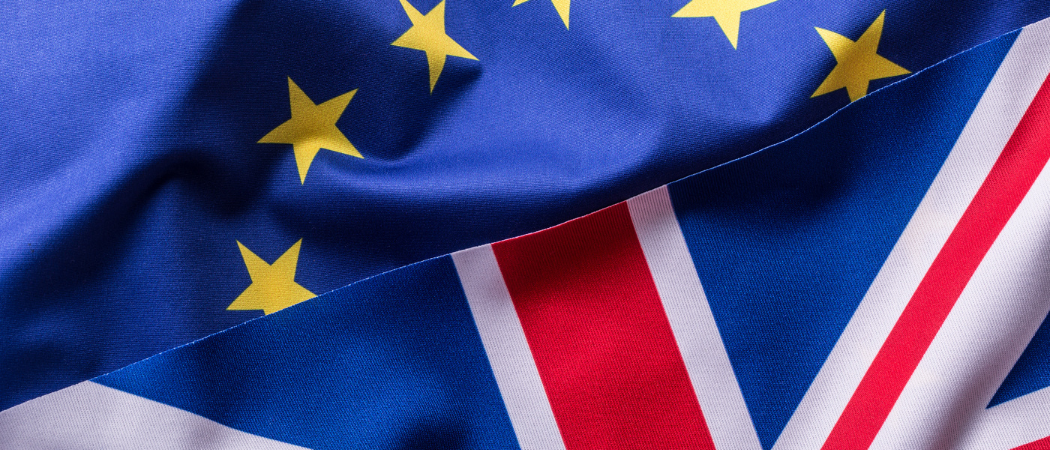The UK joined the EU research programme on January 1st, but winners of prestigious ERC grants announced today must decide whether to decamp to the continent or settle for a UK backup

Photo credits: weyo / BigStock
The impact of the UK’s long absence from Horizon Europe is still playing out despite the association deal struck last September, with UK-based European Research Council (ERC) grant winners unable to take them up unless they leave the country.
Today the ERC announced 255 winners of advanced grants, its award for senior researchers normally worth up to € 2.5 million over five years.
UK-based academics won 42 awards, slightly fewer than those based in Germany and slightly more than France, in a similar pattern to the previous year.
But because this round of grants is part of ERC’s 2023 work programme, they are not covered by the Horizon Europe association deal struck by London and Brussels last September.
“Association applies only for calls for proposals implementing the 2024 budget and onwards,” the ERC said in a statement.
This means that yet again, UK-based winners are ineligible to receive their ERC grants if they stay in the UK, and can only do so if they move to the EU or another country associated to Horizon Europe. An equivalent UK backup grant is available if they stay.
“It’s certainly frustrating and the reassociation publicity didn’t particularly emphasise that 2023 advanced grant winners wouldn’t be covered,” said Lynda Boothroyd, a psychology professor at Durham University who is one of today’s winners.
“But I do understand why it’s the case, since budgets are set annually and the UK wasn’t contributing to the 2023 programme budget,” she said. Boothroyd did not give an answer when asked if she would stay in the UK or decamp to the EU.
Another grant winner, Paola Bonfanti, a professor of cell biology and regenerative medicine at University College London, said it was “difficult to decide whether to stay” and take up the UK backup grant, or “relocate to Europe in such a short time”.
Last September’s association deal between the UK and EU, “gives us hope that (slowly) things may come back to be as they were before Brexit,” he said. “This however will not happen in a short time frame.”
Similarly, Marialuisa Aliotta, professor of experimental nuclear astrophysics at Edinburgh University said, “It is somewhat frustrating that the effects of UK non-association are still playing out.” She plans to stay in the UK.
Do the science
The dilemma facing ERC winners means the UK could lose yet more scientists. At the end of 2022, the ERC revealed that 23 UK grant winners facing the same choice had relocated to the EU or associated countries, around one in eight of those who won awards.
UK Research and Innovation (UKRI), the country’s main funding agency, will continue to give winners a grant that’s as similar as possible to the ERC, should they stay in the UK.
“The Horizon Europe guarantee remains open and active to support all eligible UK based organisations,” said a spokeswoman for UKRI. So far, this guarantee scheme has dished out more than £1.7bn through more than 3,300 grants, she said.
Some of today’s winners are happy with that. “I intend to use the UK guarantee,” said Andy Baker, a vascular scientist at Edinburgh University. “For me, as long as I can do the research, it is okay. I have other projects with the UK guarantee, which work well. So we just push on and do the science.”
“I will stay in the UK and take the guarantee,” said Shadreck Chirikure, a professor of archaeology at Oxford University, who won a grant to explore Bantu history. “The project was designed on the strengths of analytical capabilities in Oxford. This means that there are few places where it can be successfully implemented.”
Still, the UK’s backup scheme may not have quite the résumé prestige of a full ERC grant, even though today’s UK winners have come through the same selection process as their EU counterparts.
And it will only permit them to move around the UK during the grant, rather than the entire EU, as ERC grants allow.
The UK has not been associated Horizon Europe until the start of this year due to long-running, higher level political disagreements about the shape of the wider Brexit deal, particularly over Northern Ireland. This meant exclusion from the ERC, and that UK researchers had to find their own domestic sources of funding to join other parts of the programme.
But politically breakthroughs last year under the then new prime minister Rishi Sunak finally led to a deal to associate in September, following several months of wrangling over the financial terms and conditions.
Even when the UK was not associated, its researchers were still allowed to apply to the ERC, because the country was considered on a path to association.
But UK scientists haven’t been able to actually take up the grants until association was agreed, so London stepped in with the guarantee scheme to provide an equivalent grant to winners.





 A unique international forum for public research organisations and companies to connect their external engagement with strategic interests around their R&D system.
A unique international forum for public research organisations and companies to connect their external engagement with strategic interests around their R&D system.